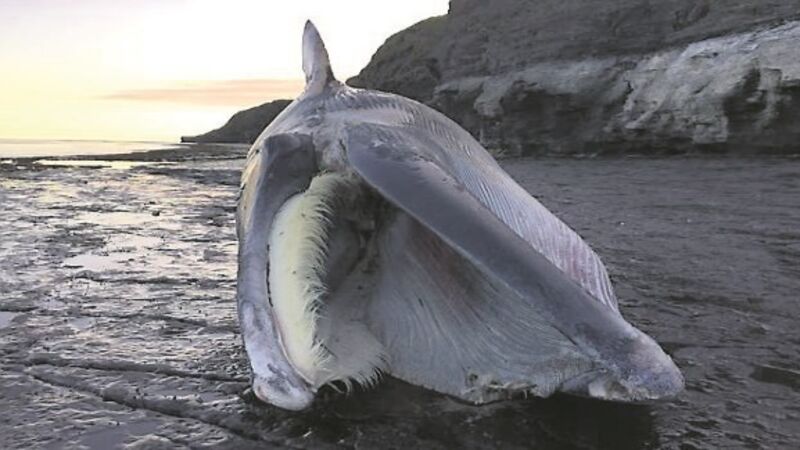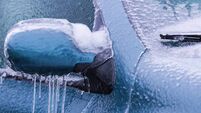Donal Hickey: Mystery of dead whales

Mystery surrounds the reason for the stranding of an unusually high number of whales along the west coast but given man’s growing propensity for polluting the oceans, human interference cannot be ruled out.
Last month, 16 Cuvier’s beaked whales were found washed up dead in counties Galway, Mayo, Sligo and Donegal.













